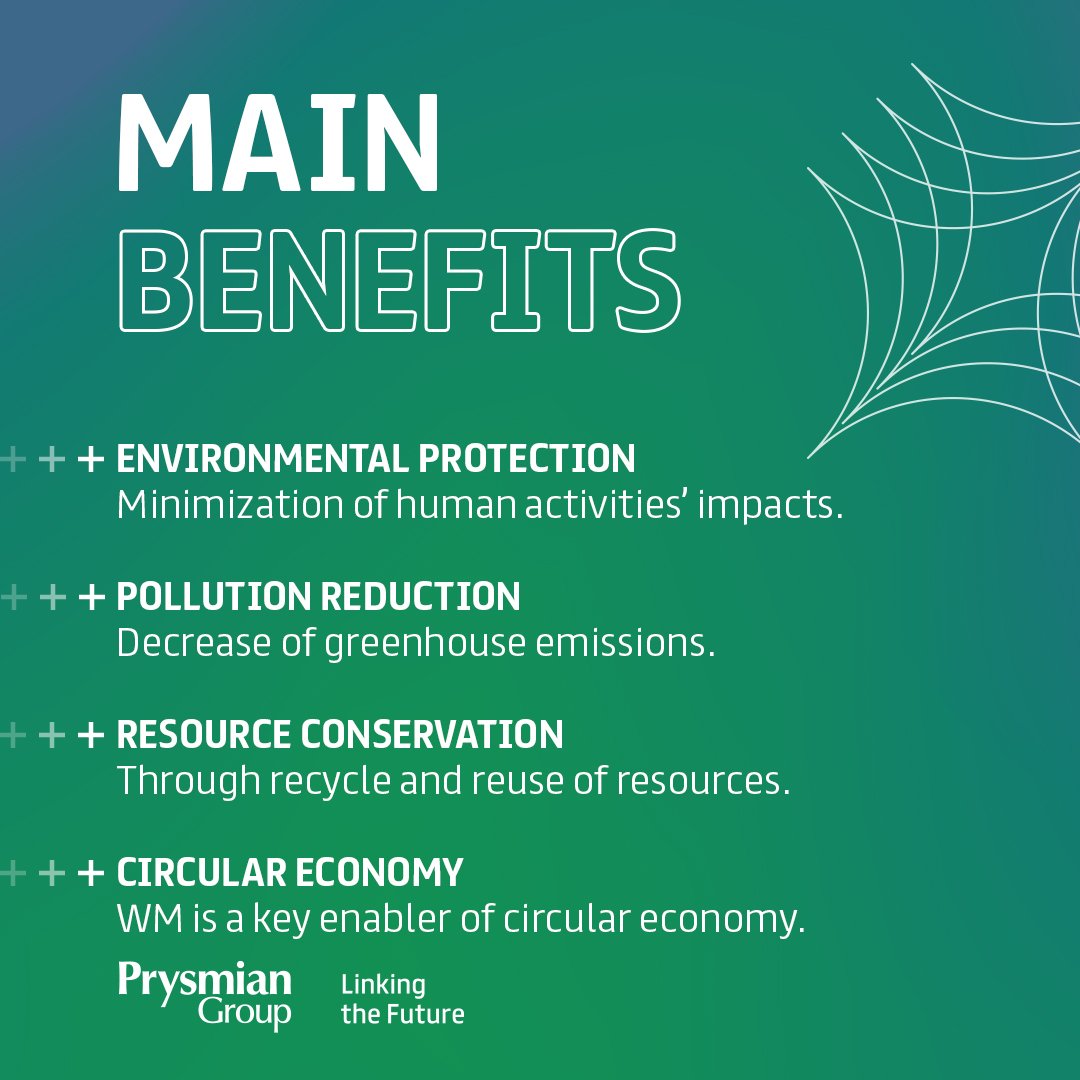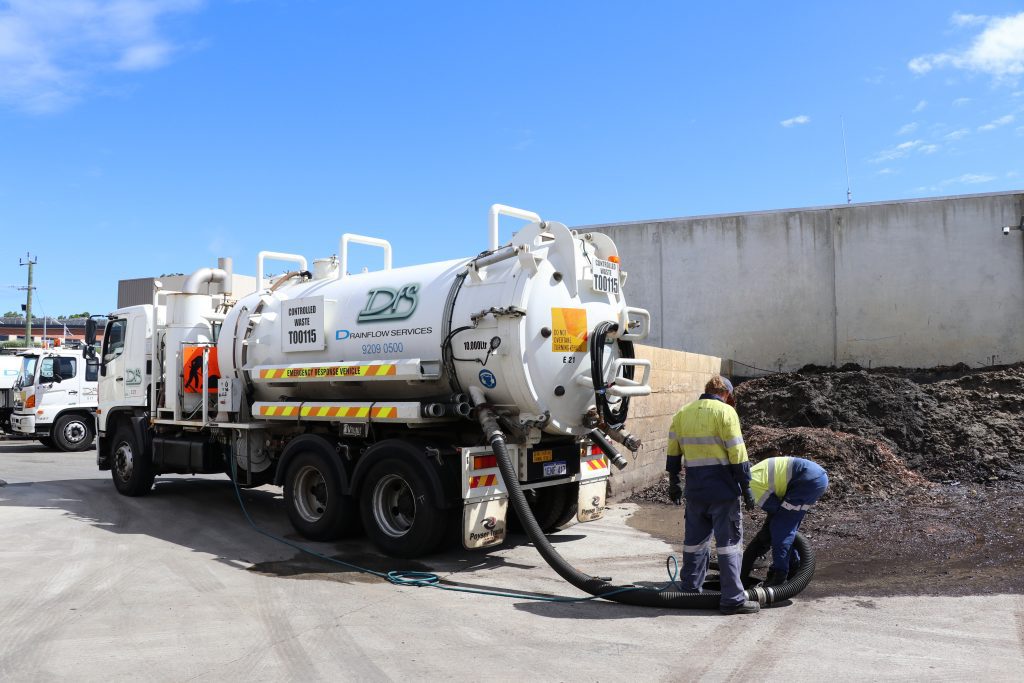7 Simple Techniques For Reclaim Waste
Table of ContentsThe Ultimate Guide To Reclaim WasteReclaim Waste Fundamentals ExplainedReclaim Waste Fundamentals ExplainedThe Reclaim Waste Diaries10 Easy Facts About Reclaim Waste Explained
Discover the types, events, and types of fluid waste. Domestic sewer waste describes the waste and items from a property sewage-disposal tank. This sort of waste is created by people in residences, colleges, and other structures. This only includes sewage-disposal tanks that have a drainpipe field. The proper monitoring and disposal of residential sewage waste call for fluid waste to be moved to a sewage therapy plant where the correct techniques and tools are related to detoxify and take care of waste.
Industrial waste frequently consists of possible hazards, such as flammable products or a mixture of liquid and strong waste items, and calls for a more sophisticated and detailed disposal process. The disposal of industrial waste commonly involves the filtration of waste before transportation to make certain secure and proper disposal. Industrial waste is produced from by-products and overflow of commercial processes and production.
This type of waste can not utilize the very same sewer monitoring transport or procedures as septic or business fluids. The hazardous waste monitoring procedure calls for the inspection and testing of liquid waste before it undergoes the disposal process (liquid waste removal). Overflow waste is the liquid waste that comes from overflow and excess stormwater in highly populated areas or cities
Runoff waste can trigger contamination and flooding otherwise managed effectively. Discover more concerning drain cleansing and waste monitoring. Making certain correct waste monitoring can prevent calamities and lower ecological injury. Both individuals in residential setups and experts in industrial or manufacturing sectors can profit from comprehending the processes and laws of fluid waste monitoring.
4 Easy Facts About Reclaim Waste Shown
Contact PROS Solutions today to find out about our waste management and disposal solutions and the proper ways to look after the liquid waste you produce.
(https://www.ted.com/profiles/48198485/about)Do you know what takes place to your water when you disengage, purge the bathroom or drain pipes the washing machine? No? Well, it deserves knowing. This supposed 'wastewater' is not only a crucial resource however, after treatment, will certainly be released to our land, waterways or the sea. Utilized water from commodes, showers, baths, cooking area sinks, laundries and commercial procedures is called wastewater.

water made use of to cool machinery or tidy plant and equipment). Stormwater, a type of wastewater, is drainage that moves from agricultural and metropolitan locations such as roofing systems, parks, yards, roadways, paths and rain gutters right into stormwater drains pipes, after rain. Stormwater streams unattended directly to regional creeks or rivers, at some point getting to the ocean.
Reclaim Waste Things To Know Before You Get This
In Queensland, most wastewater is treated at sewage therapy plants. Wastewater is transferred from domestic or industrial sites through a system of sewers and pump terminals, referred to as sewage reticulation, to a sewer therapy plant. Regional federal governments develop, preserve and operate most sewage therapy official source plants. Operators are accredited under the Environmental Management Act 1994 to release cured wastewater at an appropriate environmental standard into rivers.
The Department of Natural Resources advises local federal governments concerning managing, operating and maintaining sewage systems and treatment plants. In unsewered areas, city governments may call for owners to mount private or household sewer treatment systems to treat residential wastewater from toilets, kitchens, bathrooms and washings. The Department of Natural Resources authorizes using household systems when they are confirmed to be efficient.
In some brand-new communities, treatment of some stormwater to get rid of litter, sand and crushed rock has actually begun making use of gross pollutant traps. Wastewater therapy occurs in 4 phases: Removes strong issue.
Wastewater then streams right into large storage tanks where solids resolve and are removed as sludge. Grease and residue are skimmed from the surface area. Uses small living microorganisms referred to as micro-organisms to break down and get rid of remaining dissolved wastes and fine bits. Micro-organisms and wastes are included in the sludge. Removes nitrogen and phosphorus nutrients that could trigger algal blossoms in our rivers and threaten water life.
7 Simple Techniques For Reclaim Waste
Nutrient elimination is not readily available in all sewer treatment plants because it requires expensive specialist tools. It is coming to be extra common in Queensland. Clear liquid effluent produced after therapy might still contain disease-causing micro-organisms. If this effluent is launched right into waterways such as rivers or the sea, the micro-organisms will ultimately die out.

The majority of wastewater streams right into the sewerage system. Under the Act, neighborhood governments carry out approvals and permits for eco relevant tasks (ERAs) involving wastewater releases that may have a regional impact.
Things about Reclaim Waste
Surveillance gives valid info concerning water top quality and can validate that licence conditions are being satisfied. The info obtained with monitoring supplies the basis for making water high quality choices.